1
June
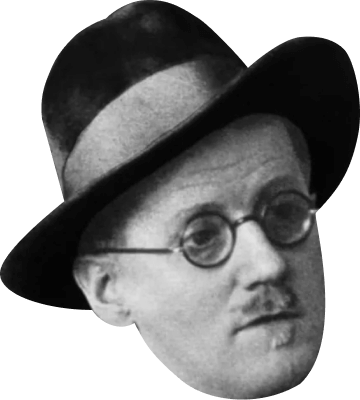
Save the date
Bloomsday
Bloo
msday
msday
Bloom
sday
sday
Bloo
ms
day
ms
day
Blo
oms
day
oms
day
Bloomsday is a commemoration and celebration of the life of Irish writer James Joyce, observed annually in Dublin on 16 June, the day his 1922 novel Ulysses takes place in 1904.
Bloomsday is a commemoration and celebration of the life of Irish writer James Joyce, observed
annually in Dublin on 16 June, the day his 1922 novel Ulysses takes place in 1904.
Bloomsday is a commemoration and celebration of the life of Irish writer James Joyce, observed annually
in Dublin on 16 June, the day his 1922 novel Ulysses takes place in 1904.
16 June
01







16 June
Many of the locations in "Ulysses" are real places in Dublin, so you can follow in the footsteps of the main characters — Leopold Bloom and Stephen Dedalus — across the city.
Routes
02
Leopold Bloom
Stephen Dedalus
Stephen Dedalus
Glasnevin Cemetery
7 Eccles Street
Barney Kiernan's Pub, Little Britain Street
The Freeman's Journal, Prince's Street
Nighttown, Railway Street
Cabman's Shelter, Custom House Quay
The Ormond Hotel, Ormond Quay
Davy Byrne's, Duke Street
National Library of Ireland, Kildare Street
South Dublin Streets
Holles Street Hospital
Sandymount Strand
9 Newbridge Avenue, Sandymount
The School, Summerfield, Dalkey Avenue
Many of the locations in "Ulysses" are real places in Dublin, so you can follow in the footsteps of the main characters — Leopold Bloom and Stephen Dedalus — across the city.
Routes
02
Leopold Bloom
Stephen Dedalus
Stephen Dedalus
Scroll right to move the map. Click on the signs to see details
Glasnevin Cemetery
7 Eccles Street
Barney Kiernan's Pub, Little Britain Street
The Freeman's Journal, Prince's Street
Nighttown, Railway Street
Cabman's Shelter, Custom House Quay
The Ormond Hotel, Ormond Quay
Davy Byrne's, Duke Street
National Library of Ireland, Kildare Street
South Dublin Streets
Holles Street Hospital
Sandymount Strand
9 Newbridge Avenue, Sandymount
The School, Summerfield, Dalkey Avenue
The Sandycove tower is now a James Joyce museum. Leopold Bloom’s house at 7 Eccles Street is marked by a plaque.
03
Leopold Bloom’s lunchtime route through the city centre is marked by a series of fourteen bronze pavement plaques running from the Evening Telegraph Office to the National Museum.
Commemoration


































04




The pilgrimage was abandoned halfway through, when the weary pilgrims succumbed to inebriation and rancour at the Bailey pub in the city centre.
*
The novel chronicles the experiences of three Dubliners over the course of a single day
05
1 day
3 Dubliners
732 pages




The protagonist, Leopold Bloom, parallels Odysseus (known as Ulysses in Latin), with both characters undertaking epic journeys filled with trials and personal discoveries.
Joyce’s novel echoes the episodic nature of "The Odyssey" through its 18 chapters, each mirroring a specific episode from Homer’s work. For instance, Bloom’s wanderings through Dublin reflect Odysseus’s adventures as he navigates through various challenges, ultimately striving to return home. Each character in "Ulysses" has a Homeric counterpart, with Stephen Dedalus embodying Telemachus, Odysseus’s son, and Molly Bloom representing Penelope, Odysseus’s faithful wife, though Joyce gives them modern and complex psychological dimensions.
Joyce’s novel echoes the episodic nature of "The Odyssey" through its 18 chapters, each mirroring a specific episode from Homer’s work. For instance, Bloom’s wanderings through Dublin reflect Odysseus’s adventures as he navigates through various challenges, ultimately striving to return home. Each character in "Ulysses" has a Homeric counterpart, with Stephen Dedalus embodying Telemachus, Odysseus’s son, and Molly Bloom representing Penelope, Odysseus’s faithful wife, though Joyce gives them modern and complex psychological dimensions.
The novel
06
Ulysses is the Latinised name of Odysseus, the hero of Homer’s epic poem The Odyssey, and the novel establishes a series of parallels between Leopold Bloom and Odysseus, Molly Bloom and Penelope, and Stephen Dedalus and Telemachus. There are also correspondences with other literary and mythological figures, and such themes as antisemitism, human sexuality, British rule in Ireland, Catholicism, and Irish nationalism are treated in the context of early 20th-century Dublin. The novel is highly allusive and written in a variety of styles.
Themes
The protagonist, Leopold Bloom, parallels Odysseus (known as Ulysses in Latin), with both characters undertaking epic journeys filled with trials and personal discoveries.
Joyce’s novel echoes the episodic nature of "The Odyssey" through its 18 chapters, each mirroring a specific episode from Homer’s work. For instance, Bloom’s wanderings through Dublin
Joyce’s novel echoes the episodic nature of "The Odyssey" through its 18 chapters, each mirroring a specific episode from Homer’s work. For instance, Bloom’s wanderings through Dublin
reflect Odysseus’s adventures as he navigates through various challenges, ultimately striving to return home. Each character in "Ulysses" has a Homeric counterpart, with Stephen Dedalus embodying Telemachus, Odysseus’s son, and Molly Bloom representing Penelope, Odysseus’s faithful wife, though Joyce gives them modern and complex psychological dimensions.
Ulysses is the Latinised name of Odysseus, the hero of Homer’s epic poem The Odyssey, and the novel establishes a series of parallels between Leopold Bloom and Odysseus, Molly Bloom and Penelope, and Stephen Dedalus and Telemachus. There are also correspondences with other
literary and mythological figures, and such themes as antisemitism, human sexuality, British rule in Ireland, Catholicism, and Irish nationalism are treated in the context of early 20th-century Dublin. The novel is highly allusive and written in a variety of styles.
Click on the icon to see books' chapters
Telemachus
Nestor
Proteus
Calypso
Lotus Eaters
Hades
Aeolus
Lestrygonians
Lestry
gonians
gonians
Scylla and Charybdis
Wandering Rocks
Sirens
Cyclops
Nausicaa
Oxen of the Sun
Circe
Eumaeus
Ithaca
Penelope
Activities
07
The day includes lectures, exhibitions, musical performances, and film screenings related to Joyce’s life and works, providing a deeper understanding of his literary contributions.
Cultural Events
Some events feature traditional Irish food and drinks, and establishments like Davy Byrne’s pub offer special menus that reflect the novel’s references to cuisine.
Food and Drink
Public readings of passages from "Ulysses" are a central feature. Actors, writers, and enthusiasts gather to bring Joyce’s words to life through dramatizations and recitations.
Literary Readings and Performances
Guided tours trace Leopold Bloom’s journey across Dublin, visiting landmarks and spots significant to the narrative, such as Eccles Street, Sandymount Strand, and Davy Byrne’s pub.
Walking Tours
Costume and Reenactment
Many participants dress in Edwardian attire, replicating the fashions of 1904, and reenact scenes from the novel, often at locations mentioned in the text.






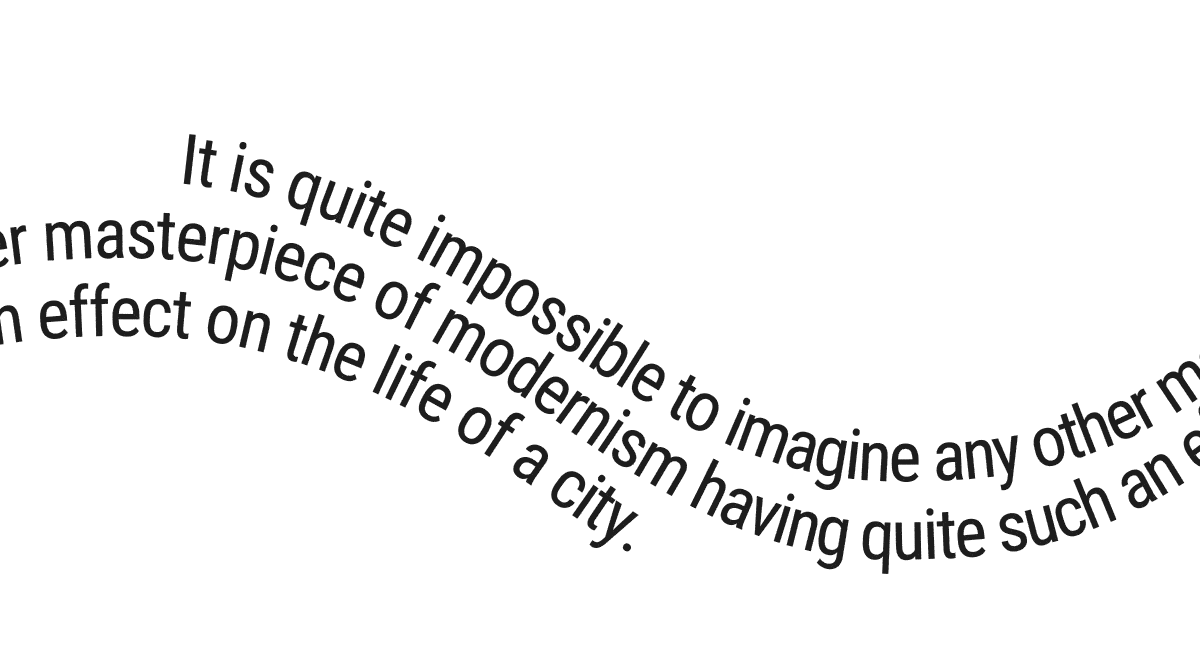
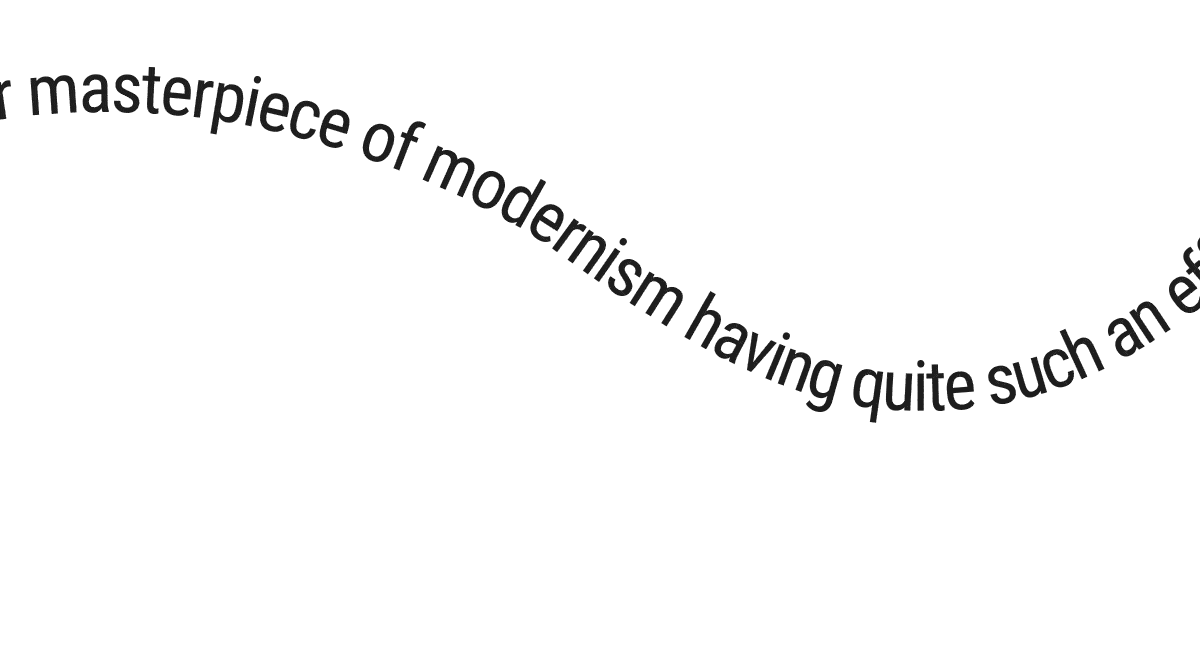
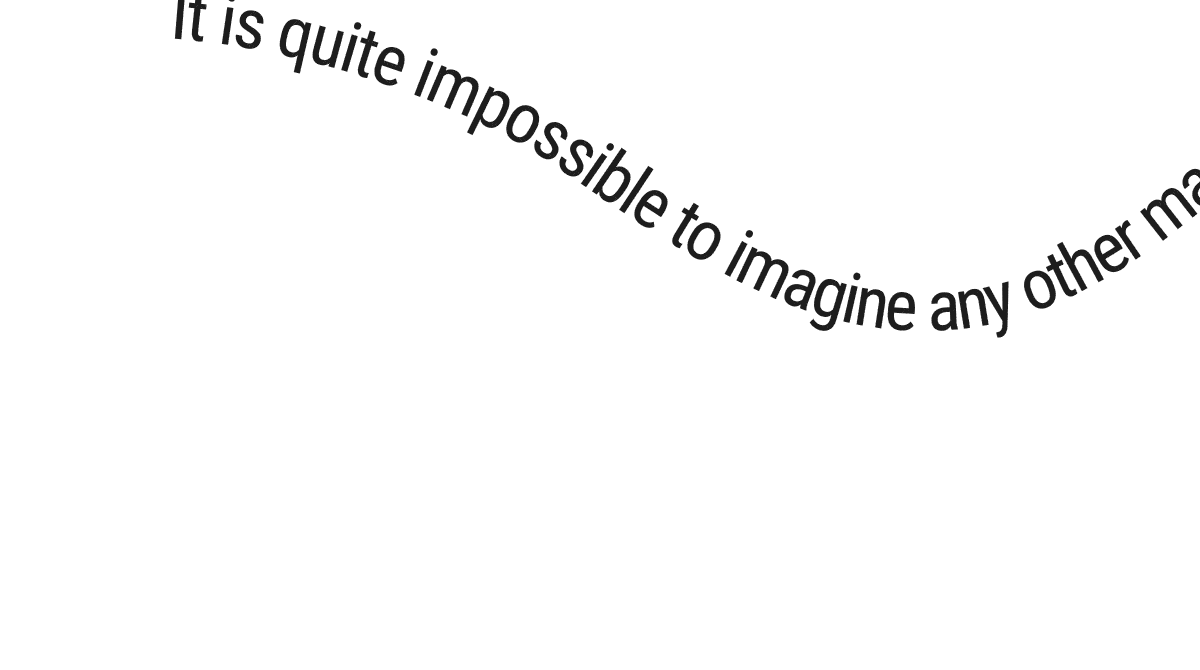
Every year hundreds of Dubliners dress as characters from the book, as if to assert their willingness to become one with the text.
Legacy
08
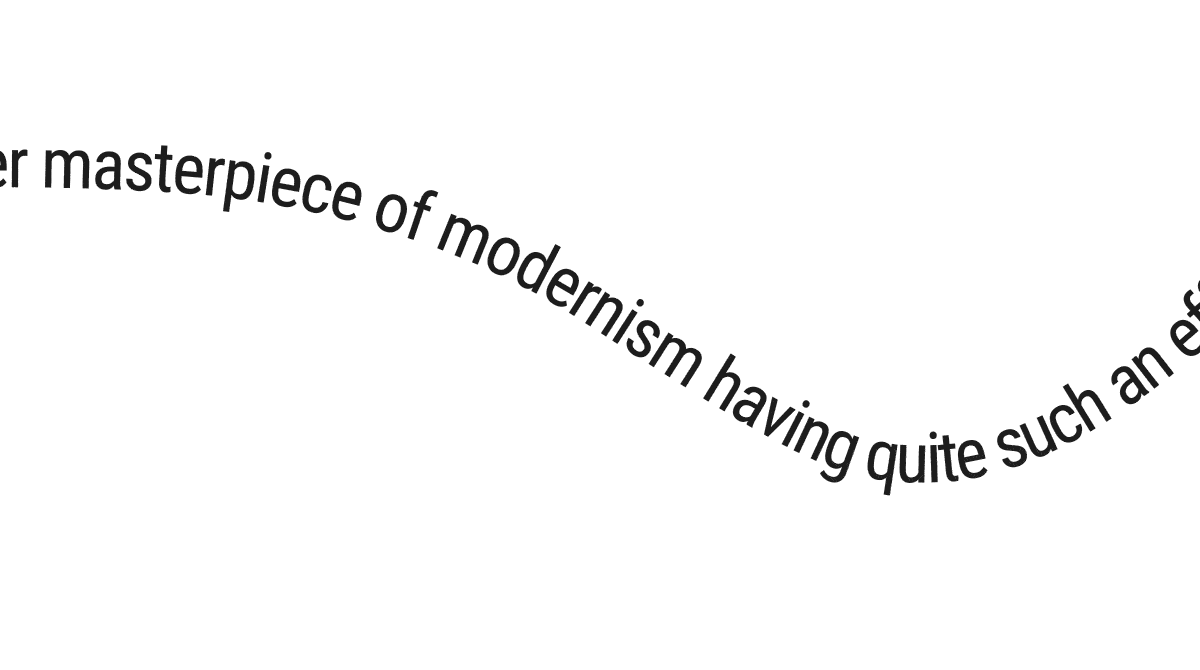
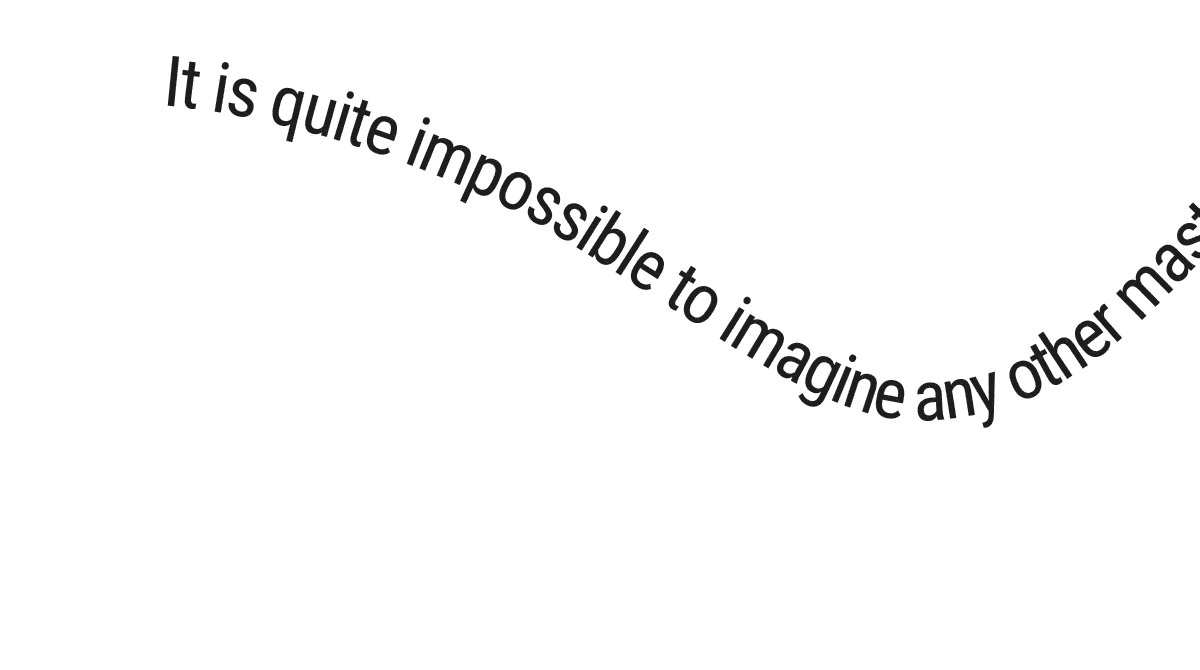
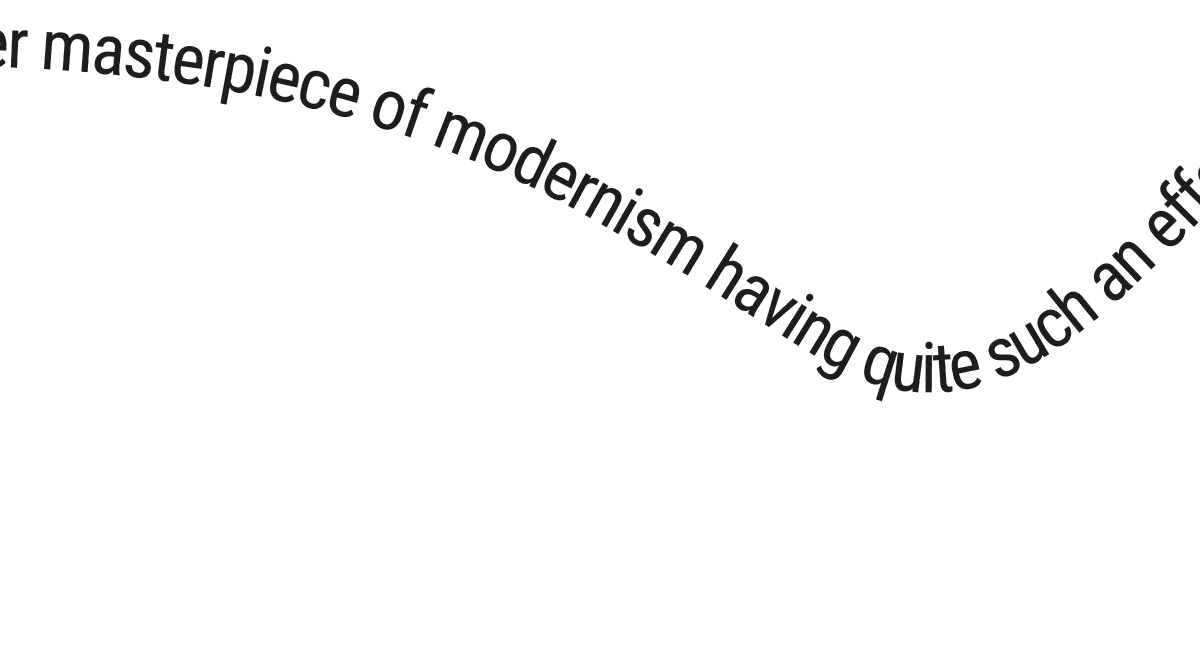
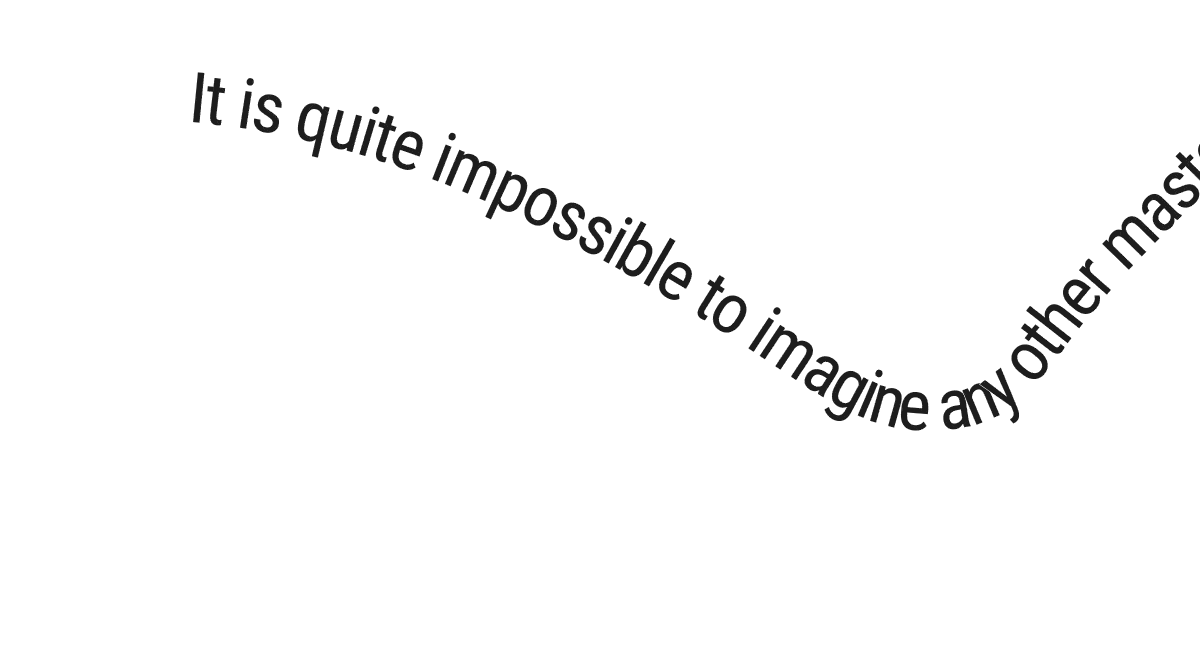
16 June
©2024. All rights reserved
This is a non-profit website, made as part of the training at Citadel.study
Bloomsday
Thank you to James Joyce and may he never get cancelled

16
June














